Counselling and psychotherapy for individuals, children and families.
Reconnecting After Stress
As we prepare to welcome employees back to work, we need to be sure to prepare to help them become reacclimated to the facility and reconnect with each other. Chances are, when they return to work, the environment will not be the same as when they left it.
We have experienced a world-wide trauma, and employee debriefing will be necessary when we return to the workplace. Through this debriefing process, employees will be able to share how they were affected and how they’re dealing with their emotions.
There may be some significant changes in your workplace due to the pandemic. Some employees may have been permanently let go, and some may still be furloughed. It’s likely that your organization will have to make some changes in protocol, and there are probably some new social norms. It may be awhile before the workplace feels normal again. The goal in “re-boarding” is to help employees deal with their thoughts and feelings as soon as possible so the healing begins and full productivity can resume.
To help associates reconnect and learn from each other during re-boarding, schedule a debriefing workshop to give employees a voice and open communication among them. This process will enable them to reflect on their personal experience and to bond. They’ll leave with a better understanding of each other and an appreciation for what you all went through.
Here are some helpful tips for holding a successful debriefing workshop:
Plan a workshop
where you’re both an attendee and an organizer within the first 48 hours of returning to work.
Ask open-ended questions, such as:
- How are you all feeling about what happened? (We don’t want to appear dismissive about the good or the b Allow each person to share his or her personal thoughts and feelings about this experience).
- What is your current comfort level about returning to the workplace?
Ask for feedback.
Make sure everyone has a clear understanding of the current plan and answer any questions he or she may have. Assure team members that leaders will hear and address any questions or concerns they have in the days, weeks and months to come. Let them know that you’re all in this together and that you’re there to support them throughout the re-boarding process.
The goal in “re-boarding” is to help employees deal with their thoughts and feelings as soon as possible so healing begins.
Taking the time to hold this debriefing workshop will also help your organization determine actions that you need to take to move forward and who needs to do what. As a result of what you learn during the debriefing session, you can establish actions, tasks and deadlines and create accountability.
To help associates reconnect and learn from each other during re-boarding, create a buddy system, whereby two employees mentor each other into new norms; encourage each other; and monitor each other’s stress, workload and safety. Here are five tips for buddies:
- Get to know each other. Ask about your buddy’s background, family, hobbies and interests.
- Look out for each other. Set up times to check in, listening carefully and sharing experiences and feelings.
- Recognize each other’s accomplishments, regardless of how small they are.
- Share ideas for stress relief (e.g., rest, routine sleep, a healthy diet, exercise and other forms of self-care).
- Encourage your buddy to communicate openly with you and with his or her manager.
Implementing a buddy system at work not only provides benefits for the employees but can be valuable to your organization overall. It ensures that employees have someone to talk to, which will be important in the first weeks of re-boarding after the pandemic. Knowing expectations is an most important contributions to employee satisfaction, and the buddy system can help reinforce new social norms and protective hygienic rules.
To help associates reconnect with and learn from each other during re-boarding, schedule peer interaction and group learning activities. When employees have a feeling of camaraderie, they’re more likely to stay with the company and feel a sense of loyalty to their team.
Here are three suggestions for encouraging positive peer interaction and group learning:
- Concentrate on teaching and being a good example of social and emotional learning strategies that encourage reflection and self-awareness.
- Give employees opportunities to practice effective social skills both individually and in groups.
- Work with team members on good problem-solving and conflict resolution skills.
It is our hope that these suggestions will be helpful in your upcoming re-boarding efforts. Until then, stay safe, and start planning now, because we truly are better together!
To help associates reconnect with and learn from each other during re-boarding, schedule group learning activities.


Get my posts directly to your inbox
Contact Us
We will get back to you as soon as possible.
Please try again later.


